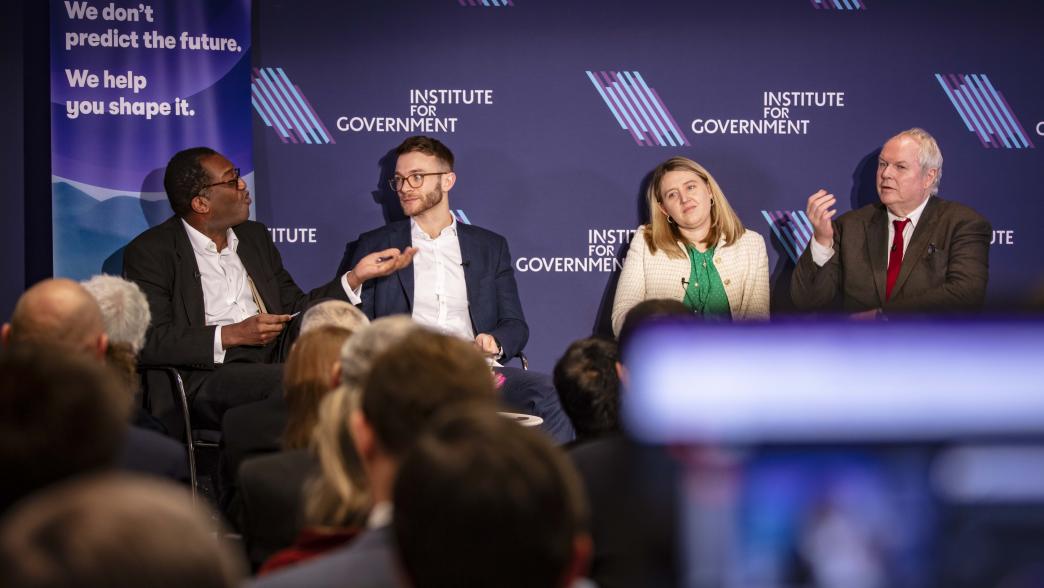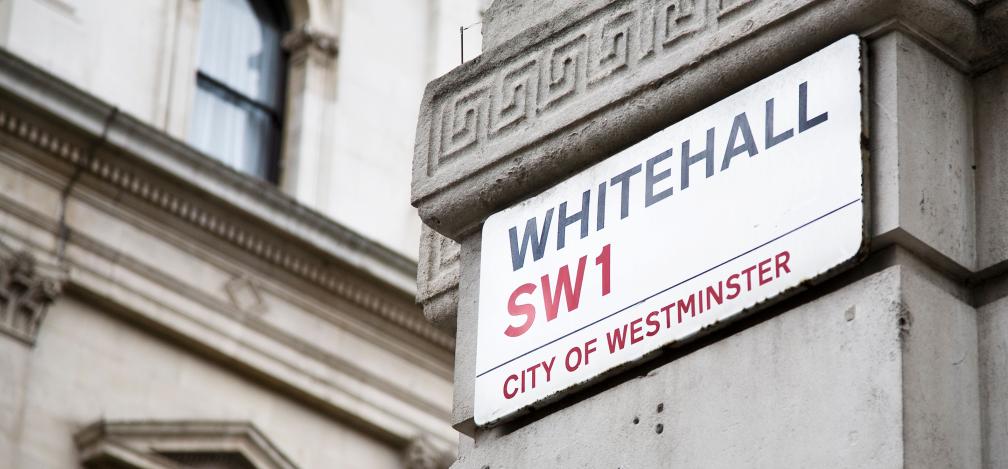What the IfG’s Government 2024 conference revealed
Key takeaways from the IfG's annual conference.

Hannah White rounds up the discussions and speeches at the IfG’s conference, and warns that both the Conservatives and Labour will need to spell out what their spending plans really mean
Whitehall Monitor 2024
Our annual, data-based assessment of the UK civil service, how it has changed and performed over the past year, and its priorities for the future.
Read our report